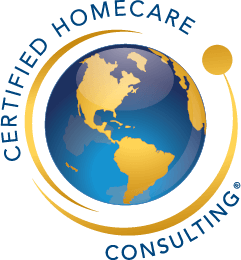Starting a Home Health Care Business: The Must Know Policies and Procedures
Starting a home health care business means taking into consideration all the home health care policies and insurances to protect you and the people you are servicing.
This is especially important for a home health business.
Starting a home health care business can include a lot of policies and procedures. This is why we have made it easier for you by compiling the absolute must-know steps and procedures in the home health care business.

1. Create a Business Plan
It is important to create a business plan for your new home health care business. Things to take into consideration when creating this plan might include: what types of services you want to include, what insurances you want to work alongside, what clientele you want to accept, any financial related plans, and how to obtain any licenses.
A business plan helps to make sure that everyone stays on track when starting this business and sticking to the policies that your state requires you to follow.
2. Register with your state
Every state has its own set of policies and regulations for healthcare providers to follow.
This is why, before following through on anything in your business plan, you must register with your state. After registering, you will be able to properly file all the policies to open your home health business.
Without registering for your state, you will not qualify for Medicare and Medicaid, and may not be able to hire the staff you want and need
3. Medicare and Medicaid
4. Does your state require a civil rights clearance?
5. Get a home care agency license
This license is extremely important to get before starting your home health business.
Every state has different requirements on how to get this license, so make sure to do your research according to your state and follow the steps to obtaining it.
Working with us, we help provide you with this license so that you do not need to have the stress of doing it all yourself.

